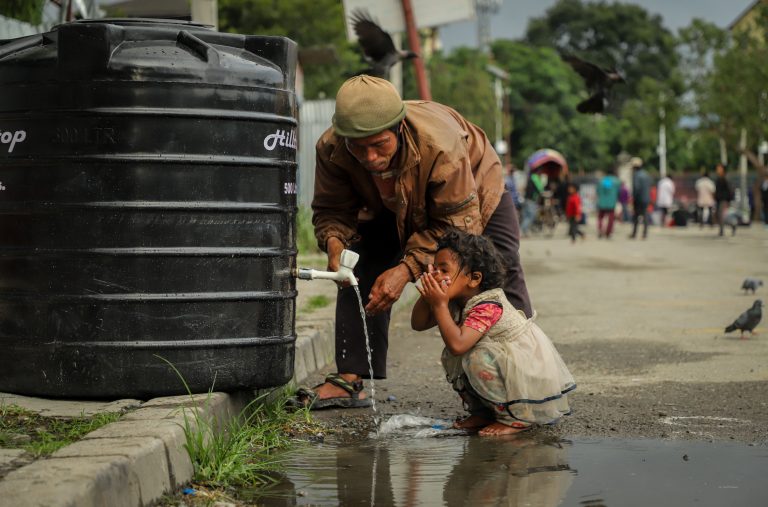
The response of Nepal government to the pandemic hasn’t been as per its constitutional obligations and international commitment to human rights and has failed its people when it comes to protecting them from COVID-19 pandemic, different human rights organisations said on Friday.
In a briefing paper based on analysis of Nepal government’s approach to dealing with the pandemic, the International Commission of Jurists (ICJ), an international human rights organisation, said the government has fallen short of ensuring that it meets the obligations to respect, protect, and fulfill the people’s right to health to the extent required by the Constitution of Nepal, national legislation and international human rights law.
ICJ said that the government also failed to adhere to different rulings made by the Supreme Court on Covid-19 tests and care.
The court in April directed the government to manage the quarantine facilities based on the World Health Organisation’s standards. In August, the court issued a ruling against the government’s decision to provide free testing and treatment facilities to senior citizens and economically deprived communities. The court ordered the government to ensure no one is deprived of their right to health.
Most of these rulings were disregarded by the government.
“The Supreme Court has issued a number of orders reinforcing government’s obligations in terms of the right to health. However, the authorities have failed to adequately and fully implement them,” the ICJ said.
National Human Rights Commission (NHRC) said they found that the government managed quarantine centres didn’t meet the WHO standard and warned that they could turn into coronavirus hotspots.
“Little efforts were made by the government towards addressing the social, economic and cultural rights of the citizens,” Yagya Adhikari, joint secretary at Bagmati provincial office of human right body, said at a virtual interaction on Friday.
In its paper the ICJ said, Prime Minister KP Sharma Oli made repeated statements downplaying the seriousness of Covid-19. It said statements like “Covid-19 is like a common flu… one should sneeze, drink hot water and drive the virus away” and “Nepalis have better immunity” from Oli suggest that the government took the pandemic lightly.
The report also pointed out that slow response to implement preventative measures; the lack of rapid testing, low quality of testing kits and the lack of easy access to hospitals for pregnant women, among other government shortcomings, had disappointed the people.
The ICJ also expressed concern regarding the allegations of government corruption during the procurement of protective gear and medicines.
NHRC also pointed out the insensitivity on the part of the government as the citizens were finding it difficult to cope with the economic stress presented by the pandemic.
In his presentation, Adhikari said that it was unfortunate that the people who had returned home from their labour destination countries due the fear of the pandemic had to go back for overseas jobs as the government failed to provide them with social safety nets and income generating opportunities at home.
He said the commission also recorded at least two cases of death due to starvation since the pandemic, incidents that challenge the government’s announcement that no one will die of hunger.
“The government is supposed to be the guardian of its people,” he said. “However, the Nepal government has failed to be one.”






